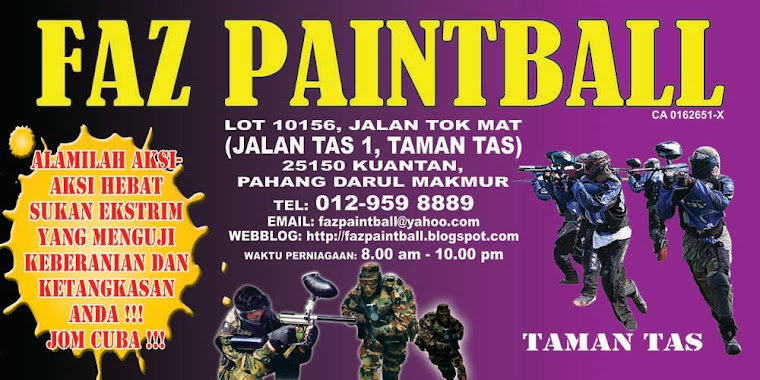Thai authorities hunt gunmen in mosque attack
By Kittipong Soonprasert
BANGKOK, June 9 (Reuters) - Thai security forces hunted on Tuesday for gunmen behind a bloody attack on a southern mosque that killed 10 people and raised tensions between the army and villagers.
Nobody has claimed responsibility for the deadliest attack this year in Thailand's restive Muslim deep south, where nearly 3,500 Muslims and Buddhists have died in violence since 2004.
But residents of Cho Airong district pointed the finger at the military and police a day after five gunmen burst into a mosque and sprayed automatic rifle fire at praying Muslims, killing 10 and wounding 12.
"Local people believe security people did the shooting. They cannot believe that Muslims, even the very, very bad ones, can kill their brothers while praying," Worawit Baru, a senator and academic from the region, told Reuters.
Thailand's army, which has deployed 30,000 troops in the region bordering Malaysia, denied any involvement.
"The attack was absolutely not done by us," said Colonel Prinya Chaidilok, a spokesman for the southern 4th army.
He said forensic experts are studying bullet casings found inside the mosque, where the blood-stained bodies were removed for burial on Tuesday. Hundreds of mourners gathered outside the mosque which was guarded by scores of soldiers and police.
"We are looking for them," Prinya said, but he added there were few witnesses to help identify the gunmen.
"Survivors did not see them because they were shot while praying with their backs to the door where gunmen opened fired".
The army blamed separatist militants for the attack, accusing them of seeking to stoke hatred between Buddhists and Muslims in the southern provinces of Yala, Narathiwat and Pattani.
It was not first time that a mosque has been at the centre of violence in the five-year rebellion.
A Muslim religious leader died in 2007 after a grenade was thrown into a mosque in Pattani. Police blamed insurgents.
In 2006, a Muslim border policeman was shot dead as he attended midday prayers at another mosque in Pattani.
The bloodiest incident in April 2004 saw 32 militants killed by security forces in a three-hour gun battle at Pattani's historic Krue Se mosque.
SURGE IN VIOLENCE
The region has suffered a surge in violence since Friday, with 19 people killed and at least 40 wounded, including nine Thai soldiers wounded by a roadside bomb early on Monday.
"We are concerned and regret what happened in the deep south in the last few days. We will do our best to improve the security situation," Prime Minister Abhisit Vejjajiva said Bangkok.
Monday's violence erupted while Abhisit was in Malaysia for talks with Prime Minister Najib Razak. They pledged to work closely to tackle the unrest which has been a source of tension between the neighbours.
The region, once an independent sultanate, was annexed by predominately Buddhist Thailand a century ago.
Despite Bangkok's efforts to assimilate them, Muslims in the deep south have more in common with Malaysia, speaking a Malay dialect, not Thai.
The rubber-rich region has suffered daily bombings, arson attacks or drive-by shootings that have killed nearly 3,500 Muslims and Buddhists.
Successive Thai governments have tried various strategies to quell the unrest, ranging from tougher security measures to offers of economic development. Nothing has worked.
"They are not good at finding a political solution," said Srisompob Jitpiromsri, a security analyst at Prince of Songkhla University in Pattani.
"It's good to have lots of soldiers in the area, but if you do not solve the root causes -- real space and opportunity for Muslims -- you cannot reach into their hearts and minds". (Writing by Darren Schuettler; Editing by Sanjeev Miglani)
Lima Sekeluarga Ditemukan Rentung Dalam Kebakaran Sebuah Rumah Di Kampung
Pamah Kulat Raub Awal Pagi Tadi
-
*RAUB*: Lima sekeluarga ditemukan rentung dalam kebakaran sebuah rumah di
Kampung Pamah Kulat di sini, awal pagi ini.
Ketua Polis Daerah Raub Superinten...
7 hours ago
.jpg)















No comments:
Post a Comment